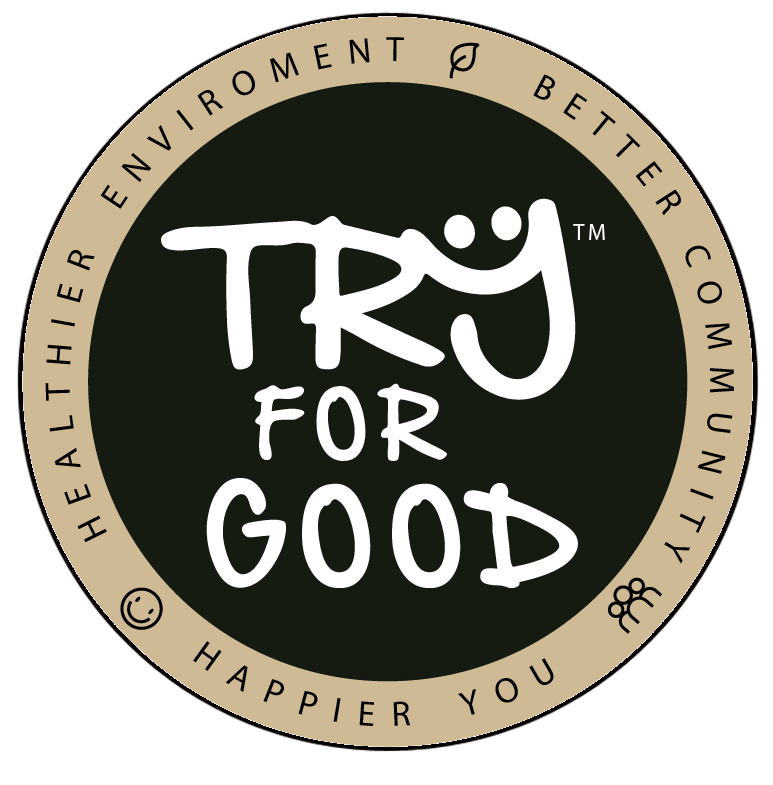The topic of GM Food is as interesting and debatable as it can get! The proponents establish safety alongside the efficacy of feeding the rising population while also curbing the use of harmful pesticides. The opponents loom the fear of the unknown by going against nature. Dr. Anju discusses the scenario with Dr. Krishna Mohan, who is a microbiologist and is associated with Biotechnology group at BISR, Jaipur. He was also an active member of TERI project on GREEN INDIA 2047.
Anju: Biotechnology has been there along with human civilization in some form or the other. Fermentation, making curd is there from times unknown. But when we talk about genetically altering food, there is always a lot of uncertainty and unprecedented fears. What is your opinion on that?
Dr. Krishna Mohan: Fear is justified. It is very natural because all of us do have a “Fear of unknown.” But there has always been someone who takes the risk, tries and tests it, and takes it forward. Biotechnology is one such area. Yes, fermentation and the curd making processes have been there from ancient times and they are good examples of biotechnology. But these are examples of using the whole organism and it is non-invasive. But today, we are talking about modifying the genetic code itself, injecting an organism with a gene of another desired trait. Now is that fearful?
All through the evolutionary history of Life, natural mechanisms kept changing the code through radiations, mutagens etc. Geologically Life originated on Earth around 3.5 billion years ago. Till 2 – 2.4 billion years nothing significant happened and then after the evolution of oxygen by cyanobacteria, eukaryotes came into existence. Since a billion years ago more of present life forms appeared and advancements occurred. The evolution happened through genetic changes caused by unknown Natural mechanisms.
The difference here is the genetic modification is being done by humans with some purpose. But if it is being done with good intent and proven safety there should not be a problem. There will always be diverse belief systems, in favor and against, for which people should be educated and informed and then it should be their decision to choose.
Anju: There is awareness about the advantages what one can derive from the Genetic Modification- higher yield, disease resistance, lesser chemical applications, better soil fertility, and higher economic potential. But there remain doubts on the biodiversity. How will it affect?
Dr. Krishna Mohan: What is the biggest threat to biodiversity is already present- the growing population. To feed so many mouths we are cutting forests and converting them into agriculture lands. To facilitate transportation for the supply chain, we are cutting in roads. Naturally, also biodiversity gets affected. In India, there is an invasive grass, which is commonly called as congress grass (Parthenium hysterophorus) which has come from American tropical region. It is a weed with rampant growth that affects crops, livestock and human health. Likewise, there is a Lantana (L Camara) plant which is affecting biodiversity in Kumaon hill districts. Its invasion is a threat to wildlife.
There is a lot that goes by hearsay and how people believe on that than fact finding. The change and adoption are inevitable. There are some definite advantages of Biotechnology which is going to get more precise in the upcoming years. There will always be opposition based on some belief. The government regulation should come for labeling in India as it is being demanded by many countries in Europe and US. After that, it is consumers’ ignorance or knowledge to decide.
Anju: Despite the resistance, India seems to adopt the new technologies to minimize its food import. Do you consider BT Cotton as a success or a failure? Your take on GM Mustard?
Dr. Krishna Mohan: A metaphor for this can be as simple as the medical procedures which one wants to go for or not. For living a better, longer, healthier life people have adopted these procedures over the ancient practices. In many religions, organ donation or dissecting or donating bodies is not considered good, but human anatomy would never have been known without digging out into it, and now we know organ donation could save or better other lives.
This is, of course, a dynamic area, and I believe Scientists should be given the benefit of doubt specially Biotechnologists. We have invested so much in the Biotechnology education, but when it comes to opportunities we get constrained to only laboratory experiments. Biotechnology has proven immensely beneficial in new drug discoveries, overcoming diseases etc. This consumption is already there.
As far the GM crops, I consider BT cotton as a success. BT Brinjal should be given more time too. In GM Mustard the oil composition is not going to change drastically. The benefits are disease resistance and higher yields. Earlier also, through traditional breeding or hybridization techniques, scientists had lowered erucic acid and glucosinolates which are known to be harmful in mustard. Yes, there could always be a new pathogen or pest that we may have to battle with. No one can predict nature’s own course, while mankind will continue with its innovation.
Until there is an evidentiary threat to anything, mankind will continue to explore better, while nature continues to evolve too. Let me give an example – DDT was used to kill mosquitoes for the epidemics of malaria but now it faces a worldwide ban, because of its moves in the chain affecting the plant, animals, and humans. It has proven to be especially harmful to babies. Now the alternatives are being looked for.
Anju: Should GM be tried on other crops before going the whole hog about food?
Dr. Krishna Mohan: Our population is going to grow from 7.5 billion today to rise to 9 billion by 2050. The first question comes about the sustainability of that. How are we going to satisfy the hunger? Given a choice we all would want to stick to the natural organic farming including me.
The important things are controlled field trials to assure safety and the natural traits, which can be done in phases before the complete green signal. If these are maintained and there are benefits of a higher magnitude such as getting rid of undesired harmful pesticides, higher yield, and superior quality, there should not be much fear of unknown. It is about looking at the bigger and holistic picture.
Yes, the staples or the fruits and vegetables which are meant for direct human consumption such as BT tomato and BT Brinjal etc. must go through stringent tests for safety. There must be information supplied through labeling and other communication. There will always be takers and non-takers. Golden Rice enriched with Vitamin A is still being debated.
There may always be some epistemological reports that may change some people’s opinion. But making informed choices is important. People for long started staying away from fats to stay thin, while fat is important for proper functioning of our brain and nervous system. We used to always consume only the seed part of wheat but now wheatgrass is popular for its health benefits.
If we think we can meet the requirements of human food consumption without GMOs, we should. But GMOs are clearly one of the choices to reduce pesticides usage, which is not just toxic to the environment and other living beings, but also expensive for farmers.

